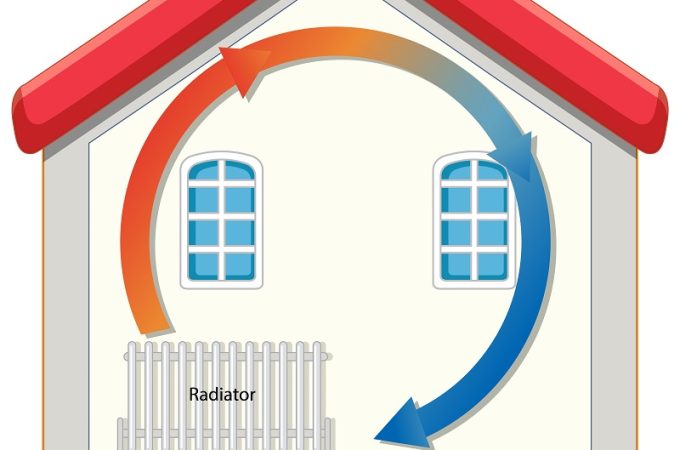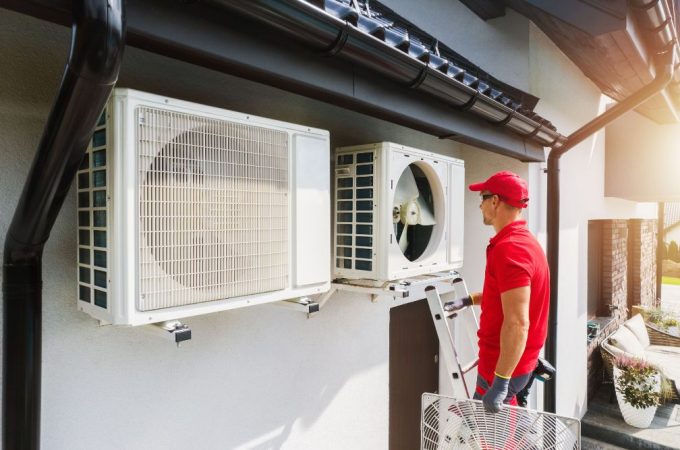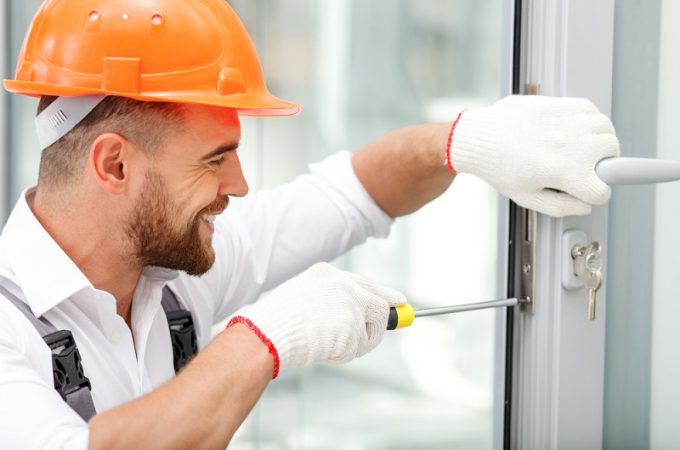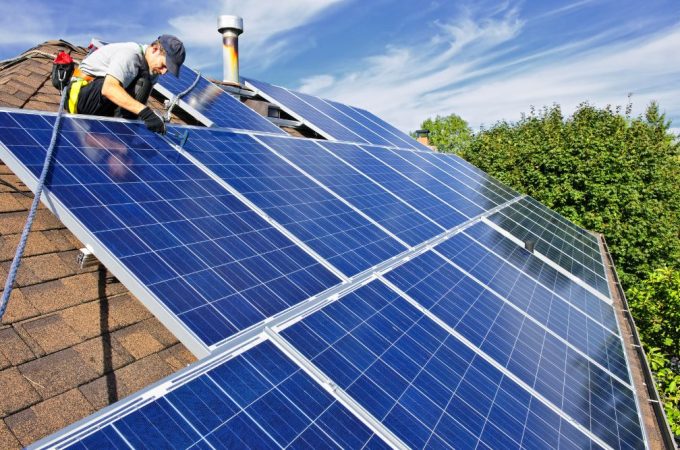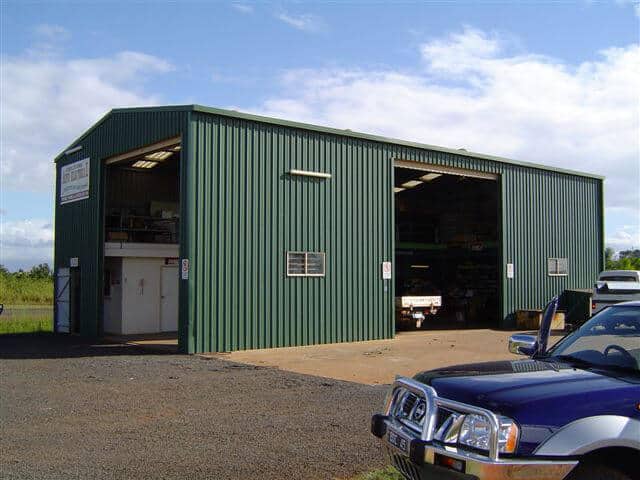
Choosing the Right Materials for Your Commercial Sheds
Introduction
The decisions you make when building a commercial shed can dictate not only its functionality but also its longevity. Of course, one of the most fundamental decisions revolves around the choice of building materials. The right materials can ensure that your commercial shed withstands the test of time and supports your business operations effectively. This post aims to offer a comprehensive guide to help you navigate through the tricky path of choosing the ideal materials for your commercial shed. We will delve into the specifics of popular material choices, explore more about integrated eco-friendly options, offer guidance on insulation and interior materials, and conclude with helpful tips on selecting a shed builder.
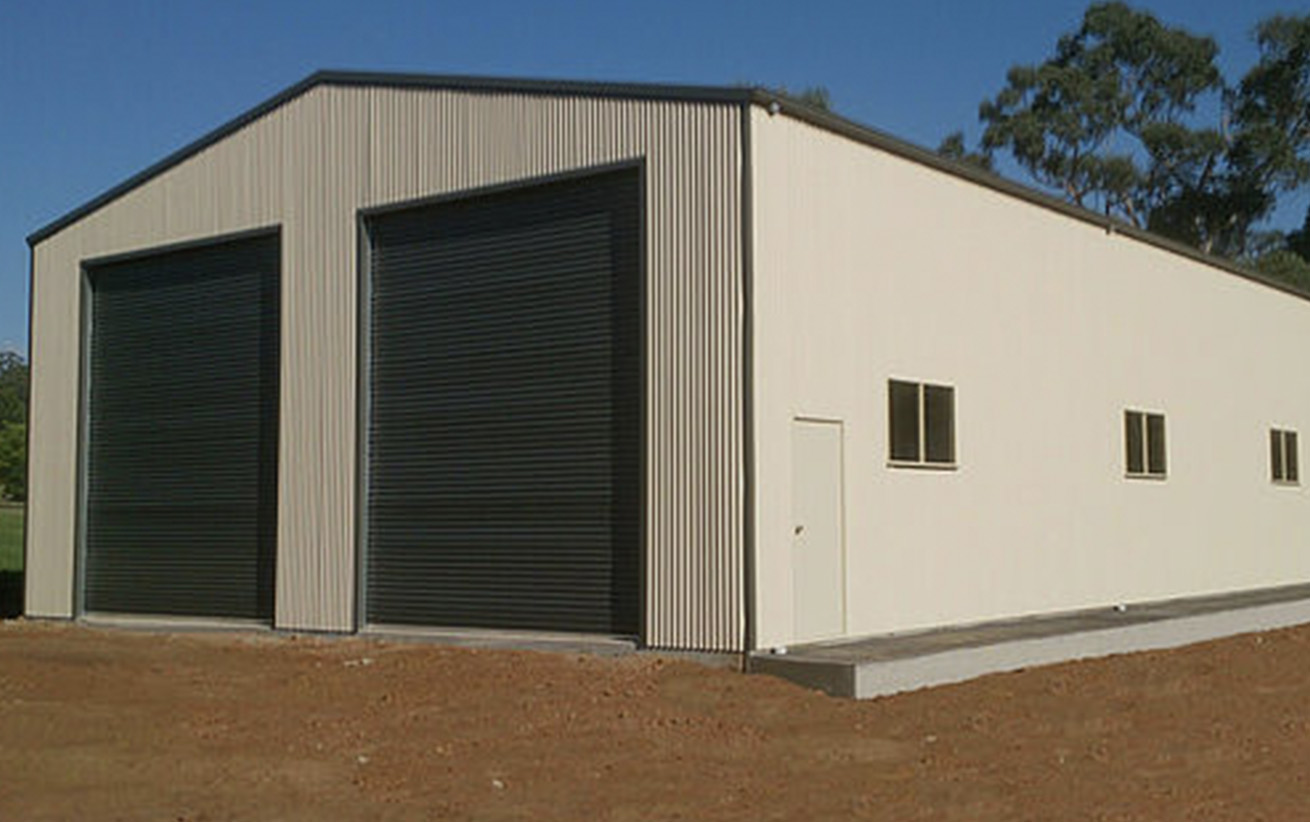
Understanding Your Needs: A Primer to Commercial Sheds
Commercial sheds can serve a variety of purposes, ranging from a storage space or a warehouse to a workshop or even a retail outlet. Understanding the intended use of your commercial shed is the first step towards choosing the right materials. For instance, a shed meant for heavy industrial use would necessitate durable and robust materials while one meant for retail may prioritize aesthetics.
Apart from the intended usage, other factors must be given thorough consideration in the planning phase. Local weather conditions, for example, can significantly influence your choice of materials. The budget is, of course, another key aspect that can shape your selection substantially. It is important to conduct a diligent preliminary analysis that incorporates these aspects in addition to pricing discussions, site assessments, and timeline mapping.
Exploring the Material World: Choosing Your Shed’s Skeleton
The most common materials used for commercial sheds are steel, wood, and aluminium. Each material comes with its own set of pros and cons related to durability, maintenance requirements, cost, and sustainability.
Steel is typically the go-to choice for those seeking a robust and long-lasting option. On the other hand, wood appeals to those who prefer a traditional look and feel. Aluminium, while not as strong as steel, is favoured for its lightweight properties and ease of assembly.
Steel: The Sturdy Choice
Steel sheds are popular for their strength and durability. They are resistant to fire, pests, and rot, factors that account significantly for their longevity. Even in harsh weather conditions, steel sheds standup exceptionally well over time. On the flipside, though, steel is generally more expensive than other materials and might not offer the aesthetic versatility that wood does.
A case in point is a steel commercial shed built for a manufacturing company in Ohio. The shed, built using high-grade steel, has held up magnificently against the area’s notorious winter storms and sweltering summer heat, with almost negligible maintenance necessary over the years. This demonstrates the resilience and long-term economic viability of using steel for commercial sheds.
Wood: The Classic Contender
Wood offers a unique blend of functionality and aesthetics, making it a preferred choice for countless commercial setups. It offers excellent insulation properties and seemingly endless design possibilities. However, it does warrant regular maintenance to protect against elements like moisture and pests.
An artisanal bakery in Oregon serves as an excellent example. Its charming wooden facade not only captured the essence of the brand but also provided a cozy interior space that naturally kept cool during summer heatwaves.
Aluminium: The Lightweight Option
Aluminium is often favoured for its lightweight properties, making it easy to install and reconfigure. It’s also highly resistant to corrosion. However, while cheaper than steel, aluminium doesn’t offer the same level of sturdiness.
A case in point is an e-commerce business in Florida that preferred an aluminium shed because of its lower upfront costs and ease of expansion as the business grew.
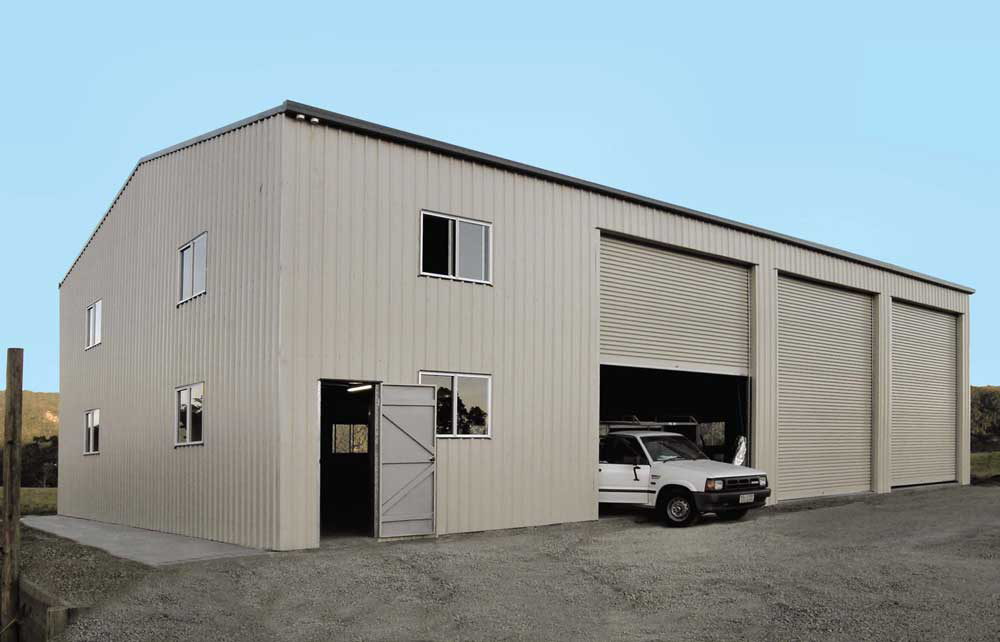
Insulation and Interior Materials
Choosing insulation materials is another crucial aspect of building a commercial shed. The insulation you choose impacts energy efficiency and the comfort of your shed’s interior. The most common insulation materials for sheds are fiberglass, foam board, and reflective insulation.
Interior materials, such as drywall, plywood, or panelling, have a definitive impact on the aesthetic appeal and functionality of the commercial shed.
The Green Option: Eco-Friendly Materials for Commercial Sheds
A greener choice does not necessarily mean compromising on quality or durability. Recycled steel and sustainable timber are just as sturdy, durable, and visually appealing as their conventional counterparts. A conscious choice towards sustainability can notably reduce your project’s environmental footprint while still achieving the desired aesthetic and functionality.
Selecting a Shed Builder: Your Guide to Making an Informed Choice
Aside from making thoughtful choices about materials, choosing an experienced and capable builder can make or break your project. Key considerations should include the builder’s experience with different materials, their reputation, and cost estimates.
Conclusion
In conclusion, the choice of materials for your commercial sheds is a nuanced decision and requires careful consideration. By understanding your specific needs and working with an experienced professional, you can create a commercial shed that enhances your business productivity and withstands the test of time.

